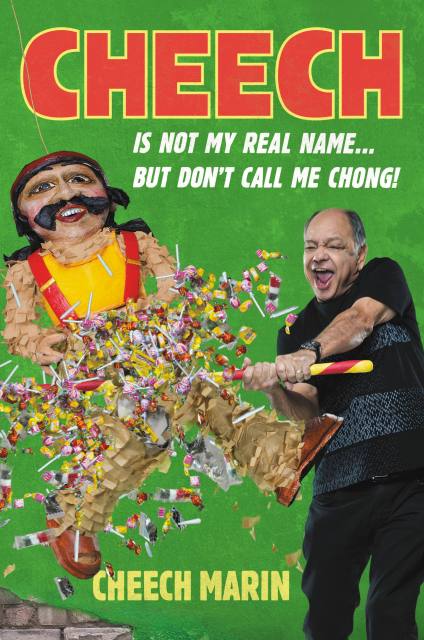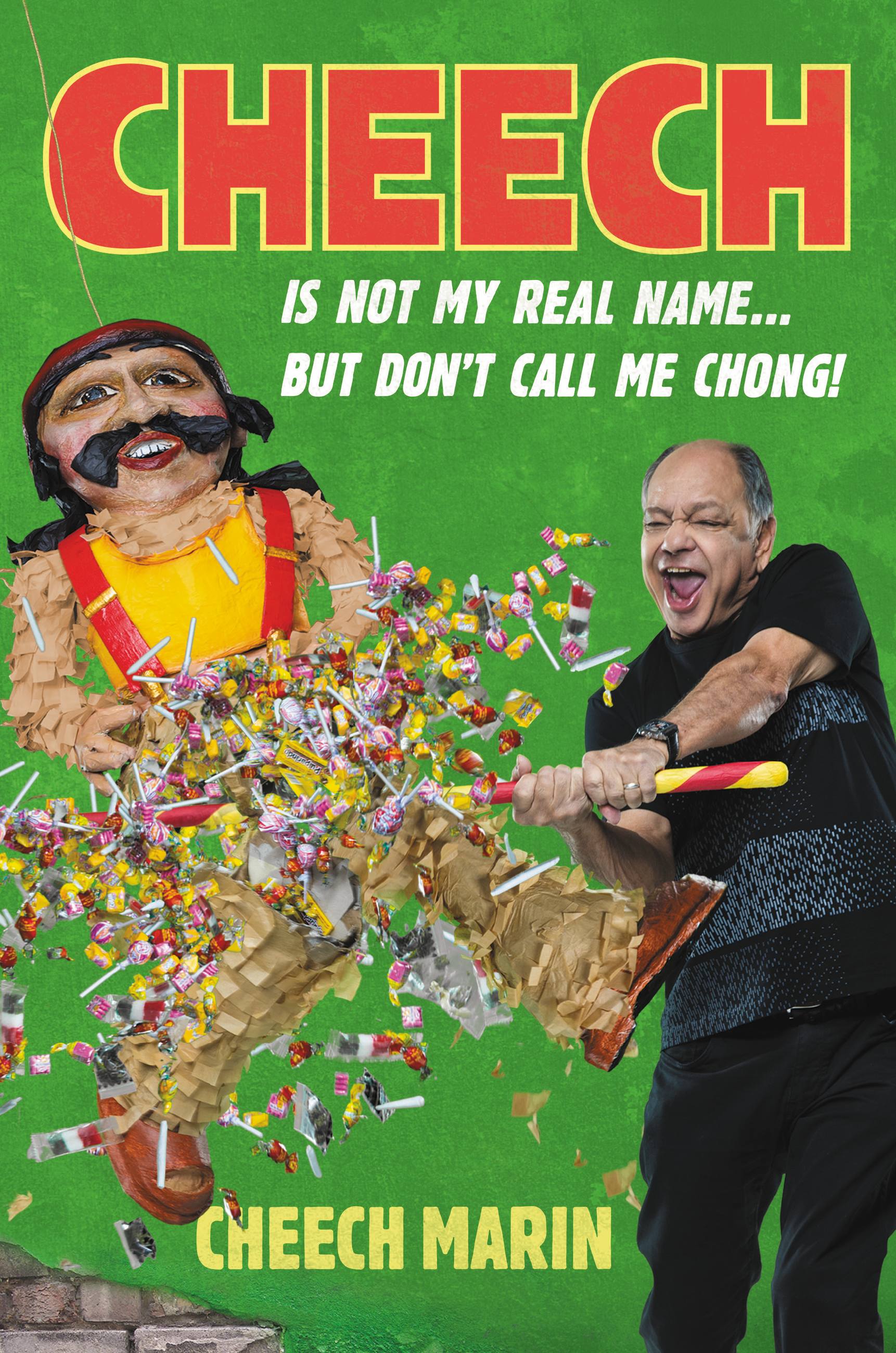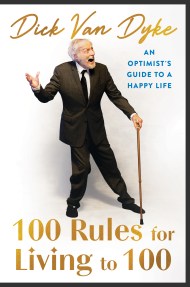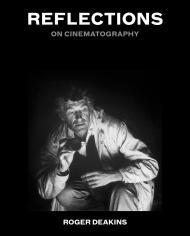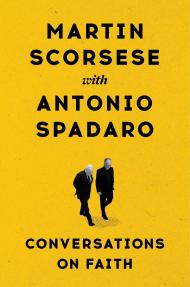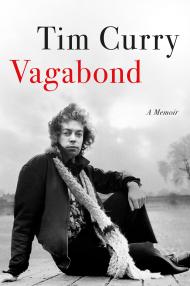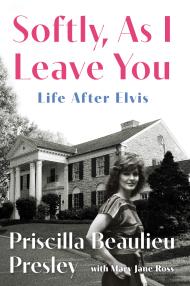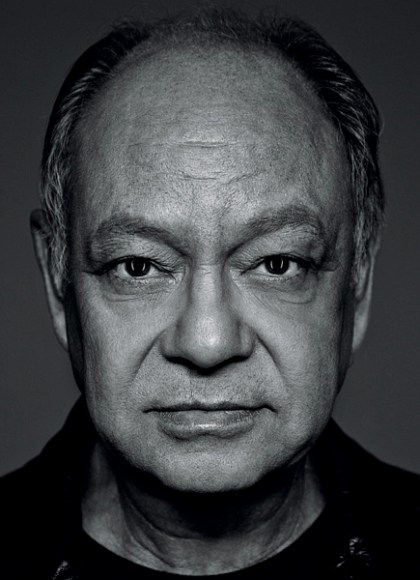By clicking “Accept,” you agree to the use of cookies and similar technologies on your device as set forth in our Cookie Policy and our Privacy Policy. Please note that certain cookies are essential for this website to function properly and do not require user consent to be deployed.
Cheech Is Not My Real Name
...But Don't Call Me Chong
Contributors
By Cheech Marin
Formats and Prices
- On Sale
- Mar 14, 2017
- Page Count
- 272 pages
- Publisher
- Grand Central Publishing
- ISBN-13
- 9781455592326
Price
$14.99Price
$19.99 CADFormat
Format:
- ebook $14.99 $19.99 CAD
- Hardcover $36.00 $47.00 CAD
- Audiobook Download (Unabridged)
This item is a preorder. Your payment method will be charged immediately, and the product is expected to ship on or around March 14, 2017. This date is subject to change due to shipping delays beyond our control.
Buy from Other Retailers:
Get a look into the mind of Cheech Marin–one half of the renowned Cheech and Chong comedic duo–and follow through the highs and lows of his personal and professional lives.
An unborn baby with a fatal heart defect . . . a skier submerged for an hour in a frozen Norwegian lake . . . a comatose brain surgery patient whom doctors have declared a "vegetable."
The long-awaited memoir from a counterculture legend. Cheech Marin came of age at an interesting time in America and became a self-made counterculture legend with his other half, Tommy Chong. This insightful memoir delves into how Cheech dodged the draft, formed one of the most successful comedy duos of all time, became the face of the recreational drug movement with the film Up in Smoke, forged a successful solo career with roles in The Lion King and, more recently, Jane the Virgin, and became the owner of the most renowned collection of Chicano art in the world. Written in Cheech's uniquely hilarious voice, this memoir will take you to new highs.
An unborn baby with a fatal heart defect . . . a skier submerged for an hour in a frozen Norwegian lake . . . a comatose brain surgery patient whom doctors have declared a "vegetable."
The long-awaited memoir from a counterculture legend. Cheech Marin came of age at an interesting time in America and became a self-made counterculture legend with his other half, Tommy Chong. This insightful memoir delves into how Cheech dodged the draft, formed one of the most successful comedy duos of all time, became the face of the recreational drug movement with the film Up in Smoke, forged a successful solo career with roles in The Lion King and, more recently, Jane the Virgin, and became the owner of the most renowned collection of Chicano art in the world. Written in Cheech's uniquely hilarious voice, this memoir will take you to new highs.
Newsletter Signup
By clicking ‘Sign Up,’ I acknowledge that I have read and agree to Hachette Book Group’s Privacy Policy and Terms of Use
